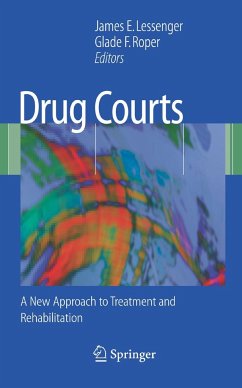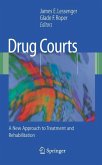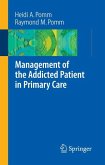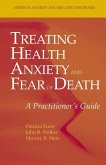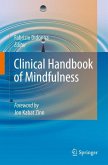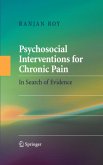I've done them all, and I'm not talking about stage, screen, and television. I stopped taking drugs in the 1970s and stopped smoking in the 1980s. I ceased drinking in the 1990s when I needed a liver transplant and my doctors told me they wouldn't do it if I continued drinking. So, I stopped, got the transplant, and became a friend of Bill W. Stopping was the best thing I ever did, second to marrying Maj. My substance abuse started, like most people's, in high school through peer pressure. It progressed while I was on the stage and in the Air Force, where alcohol was the drug of choice. The problem continued as I worked in motion pictures where the day ended with drinks. When I ? nally made it big in television, I was drinking a case of champagne a day. I tell myself that I did this because of my insecurities about being at the top, but it also tasted good. Looking back and having read some of the things in this book, I realize that I have the addictive personality and the genetic predisposition to be a substance abuser. All that was necessary was a situation in which I was near drugs and had peer pressure to get me going.
From the reviews:
"This book was penned as a guide to educate those involved about the process and procedures associated in developing and administering an alternative program for the rehabilitation of substance abusers in the legal system. ... this book is meant for 'those who are operating or wishing to create a drug court, physicians who will frequently see people who are drug court clients, judges, prosecutors, treatment providers, defense attorneys, probation officers, case managers and coordinators currently working in a drug court.'" (Steven T. Herron, Doody's Review Service, April, 2008)
"This book was penned as a guide to educate those involved about the process and procedures associated in developing and administering an alternative program for the rehabilitation of substance abusers in the legal system. ... this book is meant for 'those who are operating or wishing to create a drug court, physicians who will frequently see people who are drug court clients, judges, prosecutors, treatment providers, defense attorneys, probation officers, case managers and coordinators currently working in a drug court.'" (Steven T. Herron, Doody's Review Service, April, 2008)

